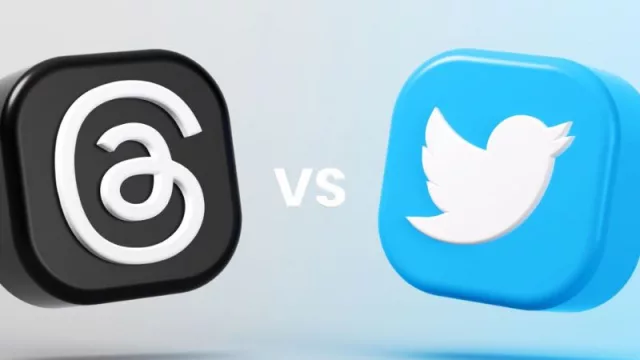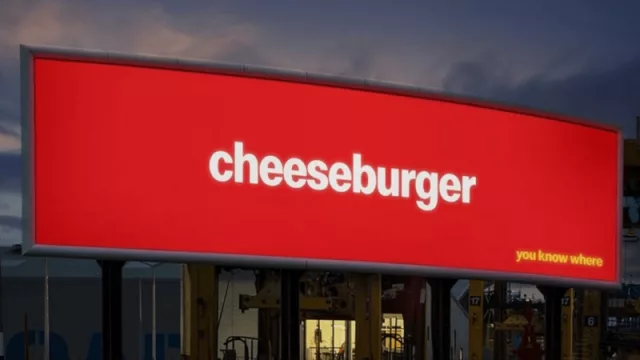In a letter sent last Wednesday, Twitter claimed that Meta had used trade secrets for the development of Threads and demanded an immediate halt to its use. The leading social media platform argues that Meta recruited numerous ex-Twitter employees, many of whom wrongfully retained devices and documents from the company. Furthermore, Twitter asserts that Meta deliberately assigned them to the development of Threads, further fueling tension between the two companies.
Just days after its launch, Threads, Meta's new platform hosted on Instagram, has already amassed over 30 million registrations, representing 10% of Twitter's user base. Mark Zuckerberg, CEO of Meta, expressed confidence in the potential of Threads, stating, "I think we should have a public conversation platform with over a billion people. Twitter had the opportunity but failed to seize it. I hope we do." These statements came just after Elon Musk threatened legal action against Meta in support of Twitter.
While it remains unclear whether Twitter will file a lawsuit in the coming days, a spokesperson for the company declined to comment on the matter. On the other hand, Andy Stone, spokesperson for Meta, stated in relation to Threads that none of the site's engineering team members are former Twitter employees. This assertion raises questions about the validity of Twitter's accusations and the strength of its legal strategy.
Legal experts warn that cases like these are often challenging to prove, even though many companies have accused their competitors of stealing trade secrets after hiring former employees and launching similar products. To succeed, a company must demonstrate that its competitor has taken economically valuable information and that it has made reasonable efforts to keep it secret. However, the definition of "reasonable efforts" can be a delicate and complex terrain.
Meta's release of Threads poses a real threat to Twitter, which has lost users and advertisers since Elon Musk acquired it last year. The design and features of Threads resemble those of Twitter and other emerging social networks in recent months. In court, one of the key aspects examined is whether the company has made it clear to its employees that the information in question is considered a trade secret.
In similar cases, companies have lost trade secret lawsuits when they have claimed that their employees were bound by broad agreements designating all company information as confidential. Courts have argued that employees cannot determine what information is confidential and what is not based on such general language.
While trials are uncommon in trade secret cases, out-of-court settlements are frequent. Polk Wagner, a law professor at the University of Pennsylvania, explains, "The incentives to reach a settlement in these types of cases are particularly strong because no one wants more information to be revealed than necessary."
The legal battle between Waymo, Alphabet's self-driving vehicle unit, and Uber Technologies, the ride-sharing company, is a prominent example. The case began with allegations of the theft of thousands of documents but ended up being resolved around a small number of them. Uber agreed to pay $245 million in its own shares shortly before the trial.
As the dispute between Twitter and Meta unfolds, it will be interesting to observe how this legal battle between social media giants develops and whether a friendly resolution or a courtroom confrontation will be reached. In the meantime, users and industry analysts will remain attentive to the developments and the consequences this could have for the future of social media.












Tu opinión enriquece este artículo: